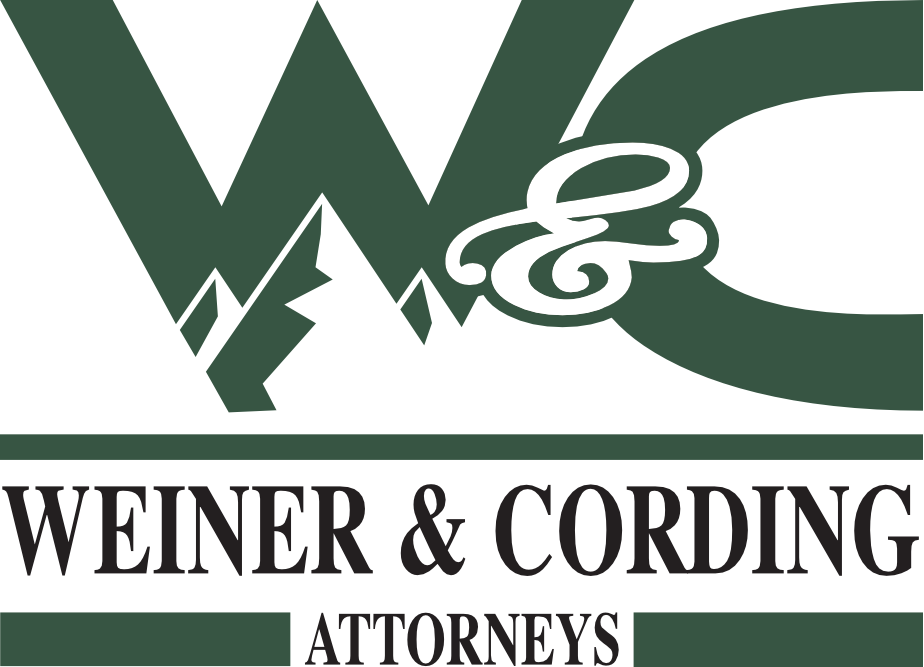Estate planning is generally associated with the use of legal documents to achieve specific goals related to distributing an estate. I have written about estate planning before (see The Very Basics of Estate Planning Part 1 and Part 2). When I write and present about estate planning, I usually focus on the formal, legal documentation that makes up an estate plan, such as wills, trusts, and powers of attorney. However, when I work with my clients to create an estate plan, I include both formal and informal documents in order to organize information and set out wishes and instructions for end-of-life matters.
The fact of the matter is that formal estate planning documents are helpful for the court, your probate attorney, your CPA and financial planner, and maybe even your doctor, but they can be remarkably unhelpful for the friends and family you leave behind. What is the password to your home computer? Where are your safety deposit boxes? What song would you liked played at your funeral, and do you want to be buried or cremated? The answers to these questions are very important, but they generally cannot be found in wills and trusts.
If you want your estate plan to act as a comprehensive resource for information and instruction, you need to think outside the legal formalities. When I create estate plans, I include a number of informal documents to help my clients organize their information and wishes. Here are some examples:
Letter(s) from estate planning attorney:
With every estate plan, I like to include a letter from myself to the personal representative(s) and/or other important people to the estate. While such letters are certainly optional (I will not contact third parties if a testator does not want me to do so), they are often the first step in informing friends and family that an estate plan exists. Most people know someone who died without informing anyone of the existence of a will.
Instruction Letters and Information Questionnaires:
The testator completes these forms at home. They are generally not legally enforceable and do not require attorney assistance to complete. They important because they prompt the testator to provide information that may otherwise be overlooked. For instance, many people otherwise overlookanswer questions about funeral and burial services that . These types of decisions can be some of the hardest choices loved ones have to make after someone dies, so extra instructions from the deceased are always valuable.
Inheritance Information Letter:
The testator completes this form at home. Like the funeral and burial letter, it is designed to prompt the testator to provide information that can easily be overlooked. The questionnaire about assets, accounts, important locations, important people; can takes weeks to complete, may be customized to your needs, should be updated and/or replaced frequently as your information changes
Wishes Regarding Anatomical Gifts:
anatomical gifts may also be designated in medical power of attorney, advanced directive, or on driver license, so client should ensure consistency or at least a clear directive regrading which document controls
.
Note that these items are
